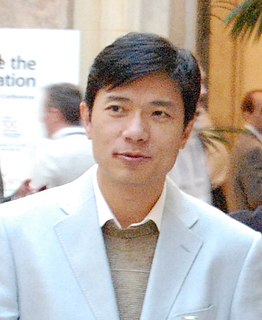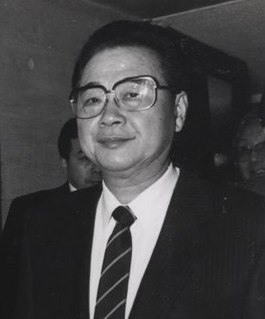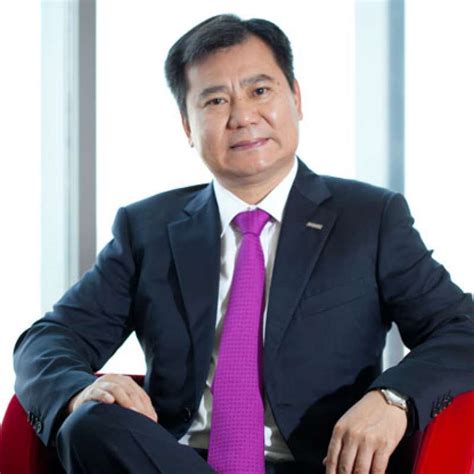A Quote by Ian Buruma
The question, then, for Western companies, as much as for Western governments, is to decide whose side they are on: the Chinese officials who like to define their culture in a paternalistic, authoritarian way, or the large number of Chinese who have their own ideas about freedom.
Related Quotes
If you read a lot of Chinese literature, there has always been very strong women figures - warriors, swordswomen - who defended honor and loyalty with the men. So, it's not new to our culture - it's always been very much a part of it. It's good that now the Western audience would have a different image of the Chinese women.
The southern Chinese are a mixture of the Han, or northern Chinese, and the local tribes, some of which allowed women a great deal of freedom - much to the horror of the Chinese who were good Confucians. As a result, the folklore from southern China has strong females; and I found that the folktales mirrored my own experience.
The Chinese concept of rights arose, then, in a context of power. Western nations had become powerful enough, and imposed their will in nakedly aggressive fashion, so that they had to be addressed in their terms. Eventually rights in Chinese thought are attributed not just to nation states but also to individual people.
It's funny that Chairman Mao's great hero was Napoleon, because Napoleon started out as a revolutionary for the underdogs and then made himself an emperor. In fact, a lot of revolutionary leaders do that, and you think, "Well, that's spoiling your argument. What are you doing?" But on the other hand, the people themselves are enjoying trying out all these different ways to be. I hope that, like the Japanese, the Chinese hang on to their own traditions as well as try out Western ones. I hate it when people just lose so much confidence in who they are that they abandon their own culture.






































